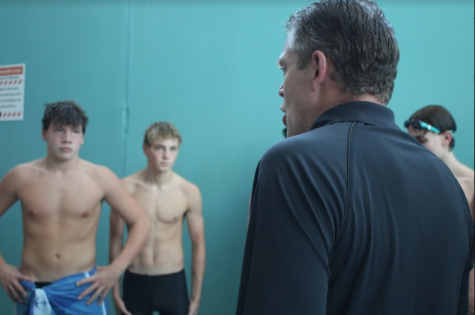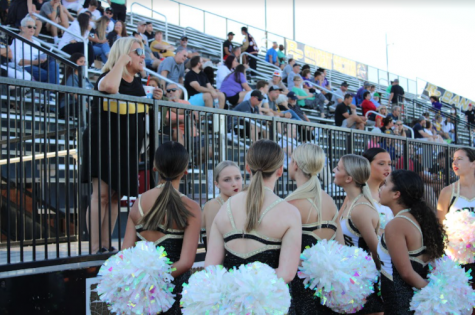Coaches: In the Classroom and as Parents
November 23, 2021
“Excuse me, coach, but why isn’t my kid on the field right now?”
If you play a sport, you’ve probably heard something like this from a parent at some point in time.
Being a coach is not an easy task. It requires a lot of time and patience. As a coach, you are expected to juggle several tasks, such as managing finances, running practice, and deciding who gets to play and who doesn’t.
Despite these challenges, coaching can be a rewarding experience. Even so, the act of coaching raises a lot of questions, a few popular ones being “should teachers coach?” and “should parents coach their own kids?”
In short, yes and no.
Oftentimes, high school coaches are also teachers. Additionally, it’s not uncommon to see the same person coach multiple teams at the school. The question as to whether or not it’s a good idea for these people to serve in both a teaching and coaching role has a lot to do with time and attitude.
The concern is this: teachers who are also coaches tend to show preference for the athletes in their classes, and being a coach takes time away from their teaching job.
In an article titled Teaching & Coaching: The Challenges and Conflicts of Dual Roles, author Christopher Saffici lists a few of the challenges that come with working as both a coach and teacher.
“Coaching in addition to teaching can make for long and grueling workdays… This can lead to high stress levels for the individual,” Saffici says.

Teaching has a high time requirement, with teachers needing to take their own time to complete tasks like grading. Coaching, as mentioned earlier, also calls for a lot of time. However, as long as an individual has good time management skills, the task of juggling both roles is significantly less daunting.
Additionally, through her article 5 Reasons Why Coaches Make Great Teachers, writer Sarah Dean lists various other benefits of having coaches in the classroom.
Dean says that “coaches provide the foundation for individual growth.” Through this, they are able to push students to first understand the basics, which, in turn, gives the students a better understanding of the content they are learning.
Dean also says that “coaches affirm teamwork… inwardly reflect… [and] would make great lead teachers.”
As to whether or not parents should coach their own children, the vast majority agree that this is a poor idea.
Although there are positives that can come from coaching your own kid, the negatives heavily outweigh them. A parent might show favoritism towards their child, or they may be too harsh. Parents are often less qualified to coach their kid than they think. The relationship between parent and child can become strained.

The list of potential issues is extensive.
Despite this, various parents take up a coaching role for their kid. Coaching your own child when they are young is significantly less problematic than it is when they grow into their teen years. Problems with boundaries emerge. Tension forms between teammates and parents when clear favoritism is present.
Again, there are too many problems to list when it comes to coaching your own kid.
All of this was to say that no, you probably shouldn’t continue coaching your child as they get older because of the conflict it comes with. And yes, teachers can and should be coaches because of the benefits it brings to the classroom.



